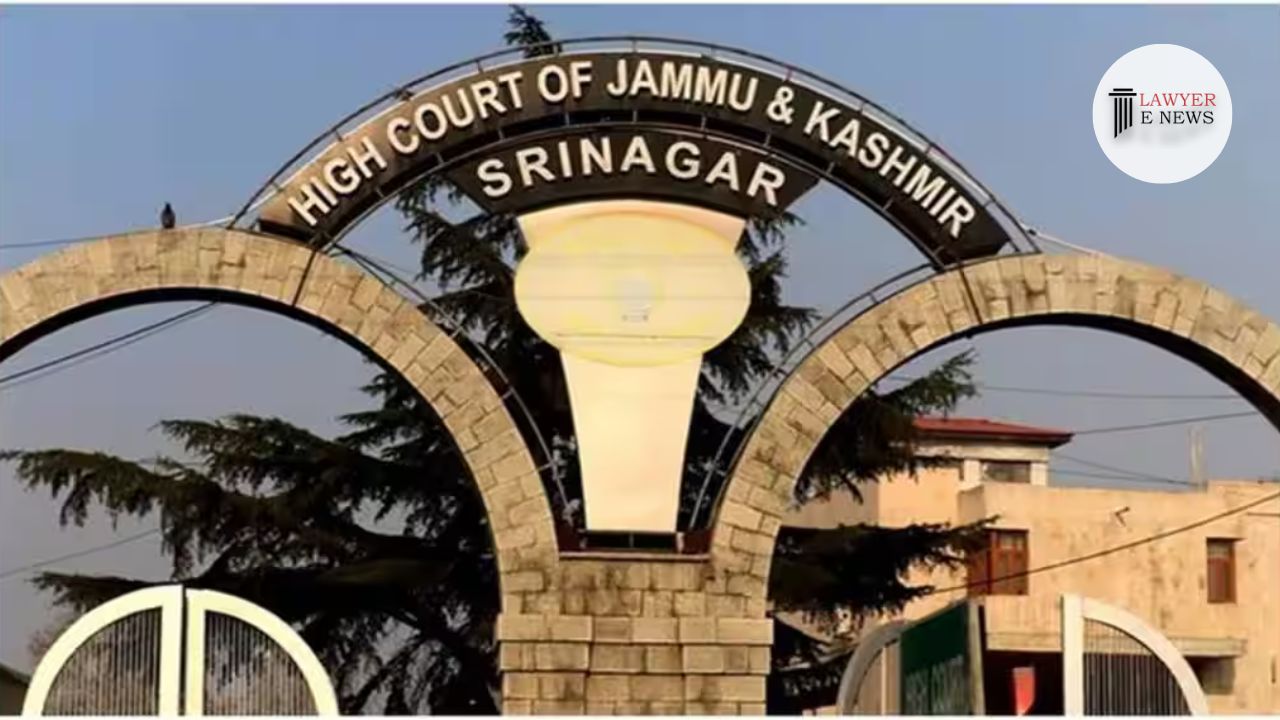-
by Admin
15 February 2026 5:35 AM



In a significant ruling on the 4th of April, 2024, the High Court of Jammu & Kashmir and Ladakh at Jammu, presided over by the Hon’ble Mr. Justice Javed Iqbal Wani, addressed critical issues related to the unauthorized alteration of a boundary wall during pending litigation. The court vehemently emphasized the principle that “an act of the court shall harm no one”, directing the restoration of the boundary wall to its original condition.
The revision petition arose from a previous decision by a trial court, which had refused to order the restoration of a boundary wall that was unlawfully heightened during ongoing litigation. The key legal statutes invoked included Section 151 and Section 144 of the Code of Civil Procedure (CPC), focusing on the restoration and restitution to prevent parties from benefitting unjustly from judicial proceedings.
The dispute centers on a boundary wall between two residential properties in Jammu, which the respondent had increased in height, supposedly under the guise of necessary repairs, post an interim order that specifically prohibited such alterations. Subsequently, the respondent withdrew his lawsuit strategically before the trial could address the unauthorized construction, a move unnoted by the trial court at the time.
Justice Wani’s judgment meticulously dissected the factual matrix and procedural lapses that led to a substantial miscarriage of justice:
Violation of Interim Orders: It was uncontested that the respondent raised the boundary wall’s height beyond the stipulated six feet, in direct contravention of the court’s explicit interim order.
Procedural Manipulation: The strategic withdrawal of the suit by the respondent was pinpointed as a calculated move to circumvent legal scrutiny over the unauthorized enhancements made to the boundary wall.
Restitution Under CPC: The court highlighted the applicability of Section 144 of the CPC, asserting the need for restitution to ensure that no party benefits from their disregard for judicial mandates. This aligns with the established legal maxim “Actus Curiae Neminem Gravabit.”
Judicial Oversight and Remedy: The trial court’s oversight in failing to recognize the respondent’s tactical litigation maneuvers was criticized. The High Court used its supervisory jurisdiction to rectify this oversight and ensure justice.
Decision The High Court set aside the impugned order of the trial court and remanded the matter for fresh consideration. The lower court was directed to restore the status quo ante and conduct proceedings expeditiously, with fair opportunity for both parties to present their cases.
Implications This judgment reinforces the judiciary’s commitment to preventing the misuse of its processes and ensuring equitable remedies in civil disputes. It underscores the imperative for trial courts to vigilantly oversee compliance with their interim orders and decisively act when manipulations are evident.
Date of Decision: 4th April 2024
Veena Gurtoo and Greesham Gurtoo vs. Rajesh Kumar Gupta
